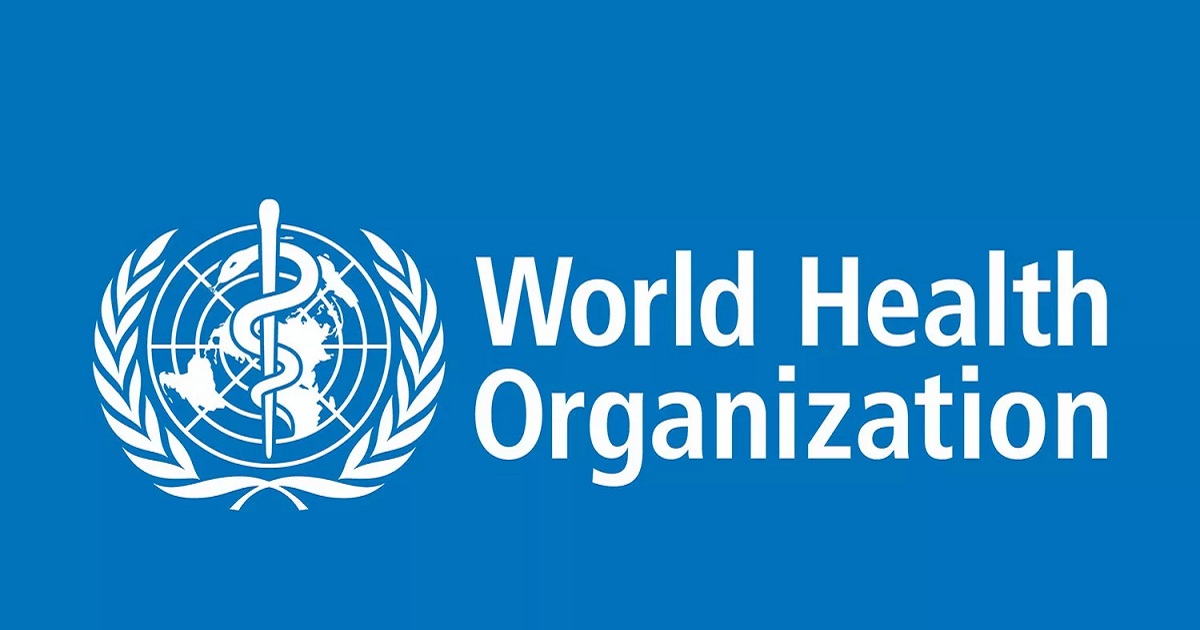WHO Plans to Develop Oversight Standards for Gene Editing Following Chinese Researcher’s Experiment
Biospace.com | February 15, 2019

Following international concern and outrage over a gene-editing treatment of human embryos in China, the World Health Organization (WHO) is taking action. On Thursday, WHO announced it was assembling a panel of experts to form an advisory committee to develop global standards for the governance and oversight of human genome editing. According to WHO’s brief statement, the aim of the committee will be to advise and make recommendations on appropriate governance mechanisms for human genome editing. Committee members will examine the scientific, ethical, social and legal challenges associated with the practice. The committee includes 18 members will meet in Switzerland next month to review the current landscape of genome editing and develop a working plan for the next 12 to 18 months, according to the announcement.
The call for the formation of the committee came after it was revealed late last year that He Jiankui, a researcher in Shenzhen, China, reported that he had used CRISPR-Cas9 gene editing to alter the DNA of embryos to protect them from the HIV virus. As BioSpace first reported in November 2018, Jiankui used the gene editing technique to disable a gene known as CCR5. The gene creates a protein that allows HIV to enter the cells. The embryos that Jiankui conducted his gene editing experiment each had a father who has the HIV virus. Jiankui said he performed the experiment to protect the children from developing HIV, although he noted that each of the fathers was using treatments that strongly suppressed their virus.